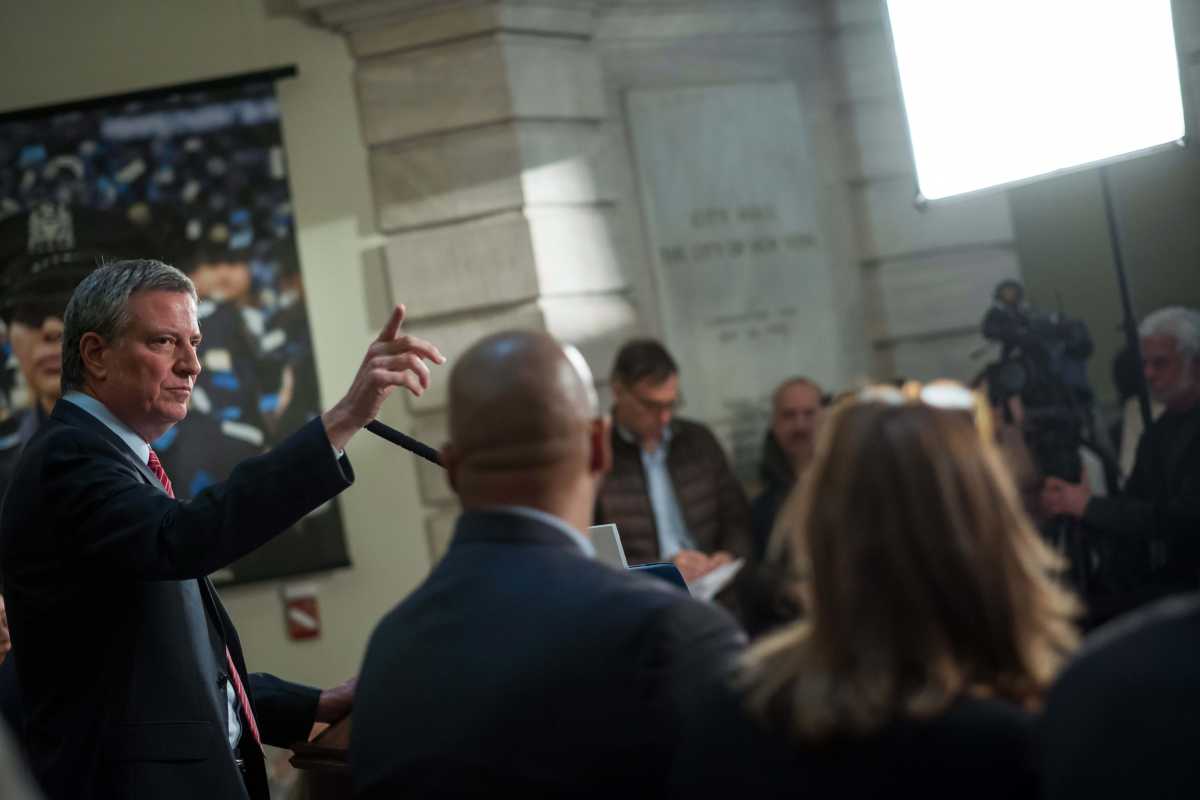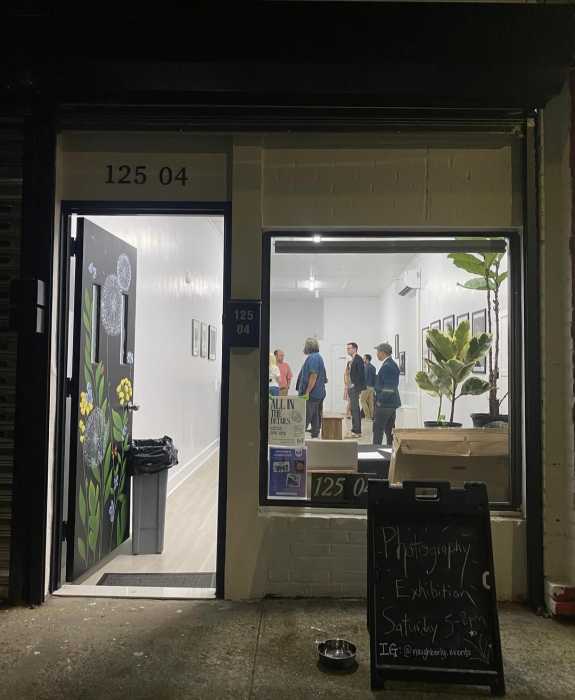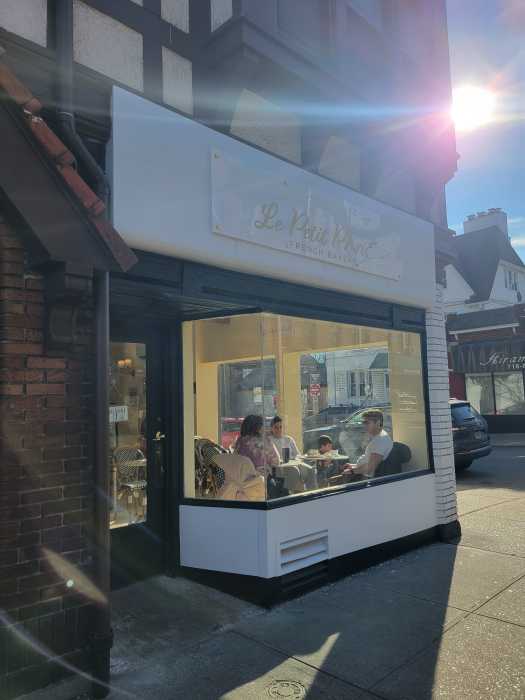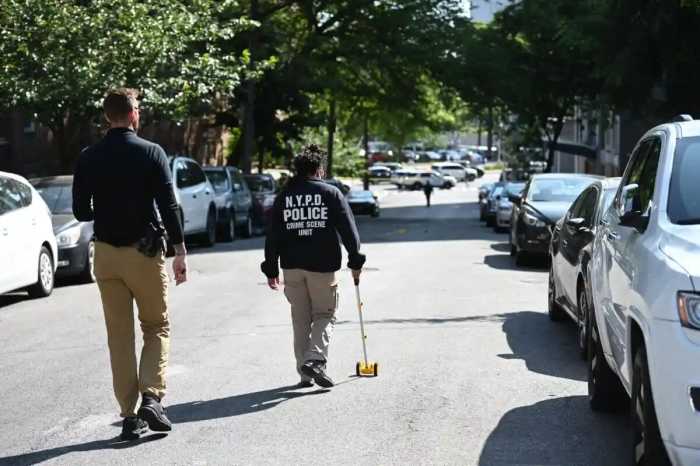Mayor Bill de Blasio was in Kew Gardens on Wednesday afternoon for an invitation-only meeting on the jail proposal recently certified by the City Planning Commission just days prior and to address community concerns.
De Blasio may have closed the event to the press, but QNS obtained a recording of the meeting from an attendee. On the audio file, Councilwoman Karen Koslowitz voiced support the plan to install a borough-based jail and criticized community leaders for heated accusations against the de Blasio administration of taking an underhanded approach without notification or input at previous meetings.
“I want to remind everybody that there had been a jail here for 40 years without incident and I’m supporting this because I feel that I can work with the administration and make this facility viable to all of us,” Koslowitz said, referring to the now-shuttered Queens Detention Complex that would be razed to make way for the community-based jail. “As far as safety is concerned, the criminals are inside; they are not outside. And you will have more security here because corrections officers around the area.”
Koslowitz believes the jail could bring an economic revival to Queens Boulevard which has seen about eight prominent businesses shuttered recently. Traffic could also be improved, she said, with the 800-car garage being built for visitors at the proposed facility with could house less than 1,400 detainees in a 27-story complex.
The facility at 126-02 82nd Ave. would detain the majority of incarcerated women in the city and include a maternity ward. Initial plans for the facility to have an infirmary serving all four borough-based jails has been scrapped.
“At the front end of the process, we’ve been reducing the prison population very, very substantially while keeping the city safe,” de Blasio said on the recording provided to QNS. “It’s because we’ve seen changes in policing and criminal justice that we’re able to finally get to the day where we can be off Rikers Island … Our goal here of course, when someone enters the criminal justice system and comes out, we don’t want them to ever be in the criminal justice system again and cause a problem for their community. We cannot do that effectively with the facilities on Rikers.”
Meeting over the course of the last several months have been explosive with residents having angry engagements with city officials and representatives of elected officials for supposed lack of transparency. Further distrust was sewn between the city and residents as members of the press, invited by members of the Neighborhood Advisory Committee, were barred from meetings by the Mayor’s Office of Criminal Justice.
De Blasio defended himself against the claim that he was “dictatorial” by stating that as mayor he was given certain authorities, but the fact that he was in the community at the time of the meeting was proof of the opposite. There have been a total of five meetings with the administration.
“There are people at this meeting who are trying to work with everybody, but mostly the meetings are screaming,” Koslowitz said. “And when you scream, nothing gets done because nobody hears what you’re really saying and that’s all they want to do is get out of the room. So when you say there’s been no input, there has been input from the administration. I don’t defend the administration all the time, but the administration has been here in this room trying to lay out the plan.”
The question of the ability of Rikers Island to rehabilitate detainees was at the forefront of recommendations compiled but the Lippman Commission, convened by the city to streamline criminal justice.
The primary issue seen with Rikers is the isolation.
Lippman Commission Executive Director Tyler Nims told QNS in early March that when detainees have greater access to family visitation and meetings with legal representation, they more smoothly re-integrate back into society.
The borough-based jails, located near courthouses, would reduce amount of time and resources spent by the city transporting detainees to appearances before a judge.
“Our goal here, of course, when someone enters the criminal justice system and comes out, we don’t want them to ever be in the criminal justice system again and cause a problem for their community,” de Blasio said. “We cannot do that effectively with the facilities on Rikers.”


































